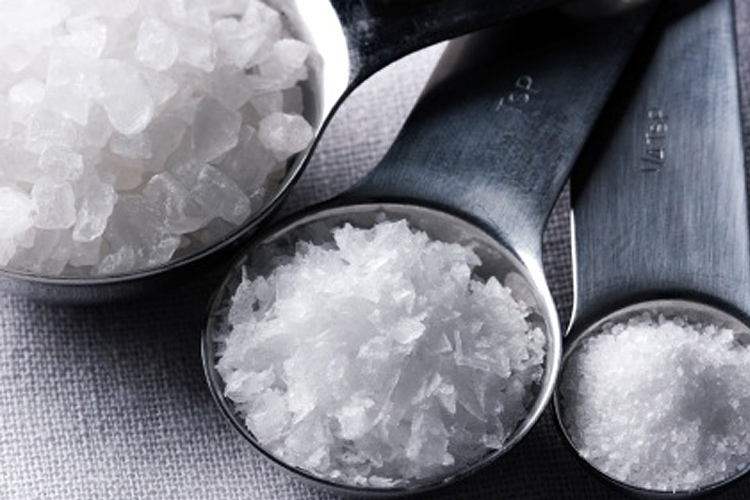 Just the other day I purchased a bag of roasted peanuts, sensing my mouth water in ancipation of the salty goodness. Wrong! I had accidentally bought the unsalted version. Folks, there are few things less tasty than an unsalted peanut, unless it’s unsalted grits (yep, I’m southern). The reason I was subjected to such a monstrosity is that for years, the medical profession has been telling us that salt is bad and will cause high blood pressure and other health woes if we don’t watch our intake.
Just the other day I purchased a bag of roasted peanuts, sensing my mouth water in ancipation of the salty goodness. Wrong! I had accidentally bought the unsalted version. Folks, there are few things less tasty than an unsalted peanut, unless it’s unsalted grits (yep, I’m southern). The reason I was subjected to such a monstrosity is that for years, the medical profession has been telling us that salt is bad and will cause high blood pressure and other health woes if we don’t watch our intake.
But is that really true? A new study in the American Journal of Cardiology was conducted by Saint Luke’s cardiologist James O’Keefe of the Mid-America Heart Institute and James DiNicolantonio, also of the Mid-America Heart Institute. The researchers found that sugar, not salt, is the true enemy of heart health.
O’Keefe stated that “the number one demon in our diet that’s making us sick and overweight and depressed and unhealthy is sugar, added sugar.” The reason he gave is that sugar makes us hungry all the time and tends to boost our craving for more sweets. “If I could say one of the simple things people can radically do to improve their health is to don’t eat anything with added sugar,” O’Keefe said.
So how did salt get fingered as the culprit?
Back in 2001, the National Institutes of Health published an oft-cited study called the DASH-sodium study, which found that participants who consumed less sodium than the control group ended up with lower blood pressure. That study put salt on the hit list for America’s dietary guidelines. But it turns out that other studies have failed to produce the same result.
Some experts are now suggesting that cutting back on salt is actually bad for your health. They propose that your body needs sodium, and if it is deprived, the kidney secretes an enzyme called renin that can lead to hypertension. Some studies have found that low sodium levels may actually boost the chance of heart failure. In 2011, Scientific American went full-throttle with an article defending salt and suggesting that hypersensitivity to salt among some elderly individuals and African Americans has unduly cast a shadow on something that is no problem for most of us.
At the very least, it seems fair to say that the eat-less-salt argument is controversial, and that the link between salt and heart disease does not appear to be as strong as American public health officials may have believed. Unless we have some special sensitivity, we may not need to consign ourselves to the hell of unsalted peanuts. Thank goodness.

